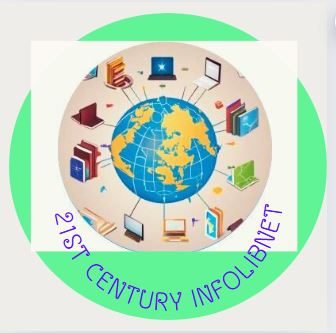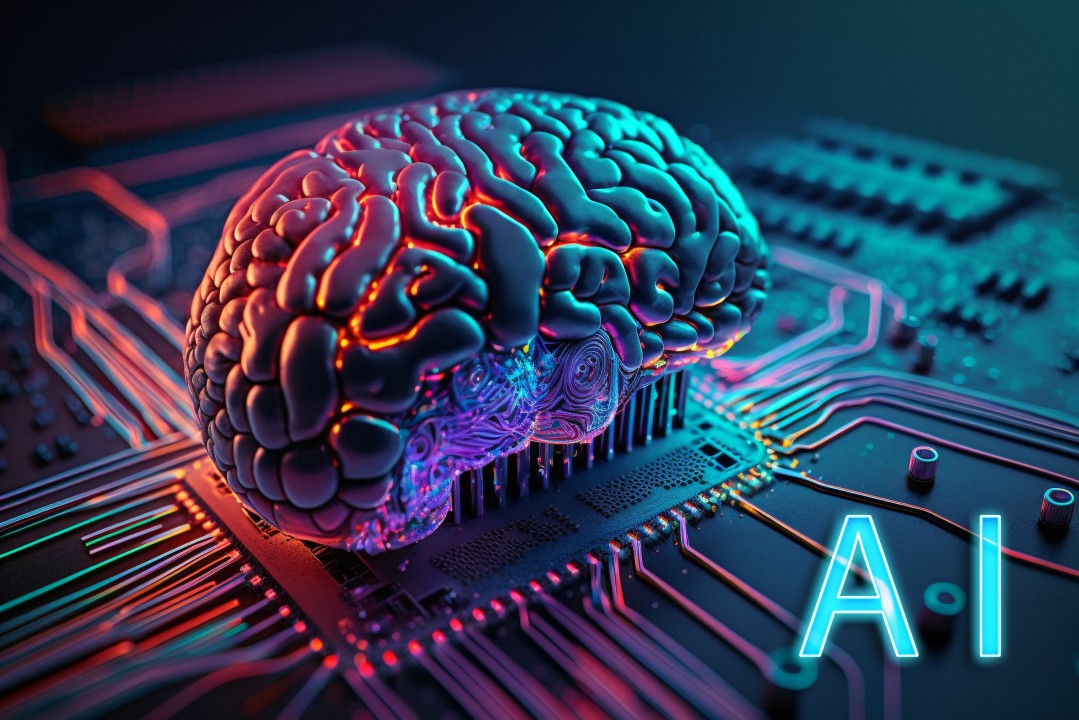Artificial Intelligence (AI) has been revolutionizing various industries, and libraries are no exception. With the advent of AI technologies, library catalogs have become more efficient, accurate, and user-centered. In this blog post, we will explore the implications of AI on library catalogs, focusing on the transition from ChatGPT to CatGPT and its impact on the library experience.
1. The Role of AI in Library Catalogs:
AI tools have transformed the way libraries handle cataloging processes. By automating tasks, improving metadata quality, and enhancing the user experience, AI has enabled libraries to adapt to the digital age and better serve their communities [1]. AI-powered tools can suggest materials on specific subjects, making it easier for librarians to provide personalized recommendations to patrons [2]. Additionally, AI chatbots can handle patron requests, providing quick and accurate responses [2].
2. ChatGPT: Enhancing Reference and Patron Services:
ChatGPT, developed by OpenAI, is an AI chat assistant that has gained popularity due to its conversational nature. Libraries can integrate ChatGPT into their systems to handle patron requests and suggest similar titles, making the reference desk more efficient and organized [2]. While ChatGPT has its limitations, it showcases the demand for AI tools in libraries and sets a benchmark for consumer-facing AI assistants [2].
3. CatGPT: AI Tools for Cataloging:
As library cataloging evolves, AI tools like CatGPT are emerging to streamline the process. CatGPT, an AI model specifically designed for cataloging, can automate tasks such as document processing, annotation, content assembly, and content query [2]. With CatGPT, libraries can reduce friction, improve record-keeping, and enhance retrieval in their catalog systems [2]. This AI tool has the potential to revolutionize cataloging workflows, making them more efficient and accurate.
4. Implications of AI on Library Catalogs:
The integration of AI in library catalogs brings several implications for the library experience:
Improved Discoverability:
AI-powered cataloging tools, such as CatGPT, can enhance discoverability by improving consistency and quality in metadata indexing [3]. AI can identify concepts and assign corresponding keywords, making it easier for users to find relevant literature and navigate through different disciplines [3].
Enhanced User Experience:
AI chatbots and recommendation systems can provide personalized and tailored experiences for library patrons. By leveraging AI, libraries can offer more accurate and relevant suggestions, leading to increased user satisfaction and engagement [2].
Efficient Workflows:
AI automation in cataloging processes can save time and resources for librarians. By automating repetitive tasks, librarians can focus on more complex and value-added activities, such as curating collections and providing specialized services to patrons [2].
Learn more:


